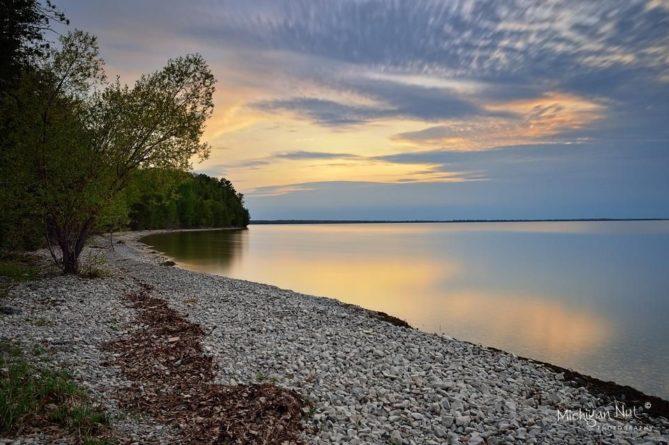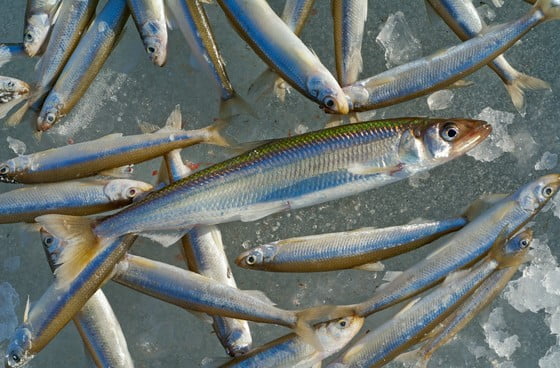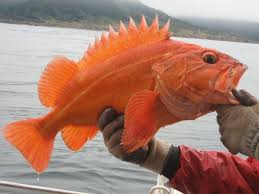
This year’s sturgeon season on Black Lake (Cheboygan County, Michigan) ended at 9:18 a.m. Saturday, Feb. 2 – after only 78 minutes of fishing.

The fishing season, which included spearing or hook-and-line fishing, was scheduled to run Feb. 2-6, or until the harvest quota had been reached. This year’s allocation of sturgeon for Black Lake anglers was seven fish, although Department of Natural Resources officials set a harvest quota of six fish.
There were 403 registered anglers on the ice Saturday, slightly down from 422 the year before. Anglers of all ages again participated, including a good number of supervised youth.
According to the DNR, the first four sturgeon harvested were males ranging from 52 to 60 inches, and 25 to 47 pounds in weight. The final two fish were females ranging from 61 to 72 inches long, and 54 to 80 pounds in weight.
Three of the six fish taken had been captured before by Michigan State University and the DNR during spring spawning runs in the Black River. A harvested 56-inch male originally was captured in the 2009 spring spawning run. A 60-inch male had been captured and tagged during the 2004, 2010 and 2017 spawning runs. The largest fish, a 72-inch female, had been captured and tagged during the 2003, 2007 and 2012 spawning runs in the Black River.
Participating anglers were notified of the season closure in a variety of ways; including a fishing telephone hotline, text alerts to those who provided cell phone numbers, signal cannons, mortar rounds and fireworks. All methods were used to indicate the season’s end within minutes of the final fish being harvested. DNR law enforcement officials and other department personnel again were embedded in the on-ice fishing communities and were able to quickly report harvested fish and contact all participating anglers about the season’s close.
“We allow for any licensed angler to participate – as long as they register – so we need to have a significant on-ice presence of DNR personnel to protect the population of lake sturgeon in Black Lake from over harvest,” said DNR fisheries manager Dave Borgeson. “This year was another successful season for angler participation, fish harvest and quick response times, as well as from a safety perspective.”

